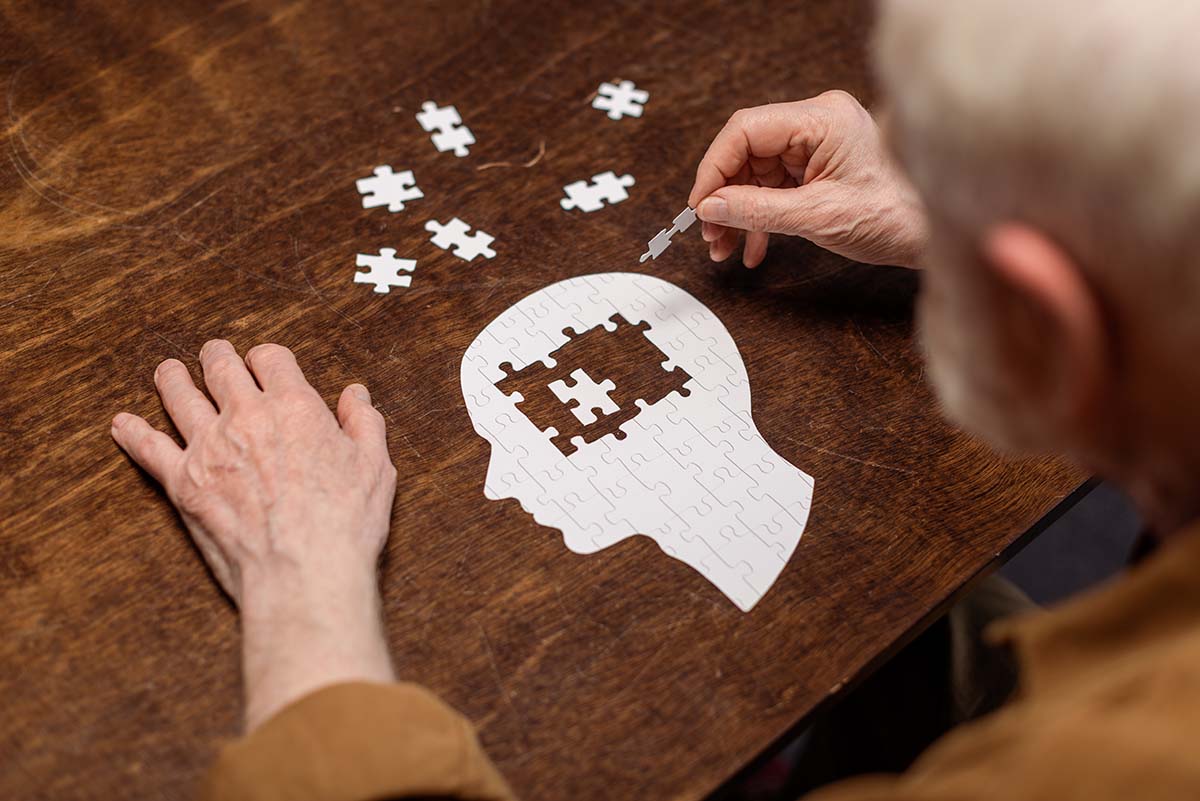A recent study has found that certain games may help reduce the risk of the onset of dementia. Mentally-stimulating activities like journaling, playing chess, or taking up educational courses, may reduce the risk of dementia by 11 percent. Although there is no cure for dementia or Alzheimer’s, certain activities, lifestyle choices, and medications may slow the diseases’ progression.
Researchers have determined that literacy activities that stimulate mental activity will, in turn, protect cognitive health in older adults. The data was extracted from a long-term survey of older adults, from 2010 to 2020. Results showed that frequent participation in mentally-stimulating, educational activities reduces the risk of dementia by 11 percent.
Lifestyle choices
Engaging in activities such as card games, chess, or crossword puzzles reduces the risk of dementia by 9 percent. The mental activities recommended are meant to stimulate different parts of the brain, including visual-spatial skills, verbal skills, memory, and logic.
“The results are consistent with a lot of other research that’s been done, indicating that when you’re using your mind, it engages your neural networks,” said Dr. Gary Small, the chair of psychiatry at Hackensack Meridian Health. “The old saying, ‘use it or lose it’ holds true not just for physical exercise, but also for mental exercise.”
Read more: Turn back the clock on aging brains
Other research suggests that leisurely activities that encourage physical activity, stimulate neural pathways, and encourage connection with others, are linked to lower risks of dementia. Further, research has shown that people with positive attitudes about aging are less likely to develop mild cognitive impairment (MCI). MCI refers to the early stages of memory loss, or the loss of other cognitive abilities, increasing the risk of developing dementia.
The growing risk
The Centers for Disease Control and Prevention has reported that the number of those affected by dementia is expected to double by 2060, with minority populations affected the most. In 2019, a study published in the Lancet medical journal forecasted that the world will face a sharp increase in dementia cases. The statistics indicate a projected nearly threefold increase in the number of people aged over 40 living with dementia, expected to rise from approximately 57 million in 2019 to 153 million by the year 2050.
Many of these cases may appear solely in the Middle East. Oman, Saudi Arabia, Kuwait, Iraq, and Jordan are among the top ten nations predicted to have the highest likely growth of dementia. In the MENA region alone, the number is expected to grow about 367 percent, from 3 million to nearly 14 million.
Dementia is genetic as much as it is caused by environmental factors. Smoking, depression, physical inactivity, social isolation, and air pollution are all triggers to impaired cognitive functioning. Staying physically active, maintaining a healthy weight, avoiding smoking, and treating high blood pressure are all choices that can reduce the risk of dementia.
For more news on health, click here.








